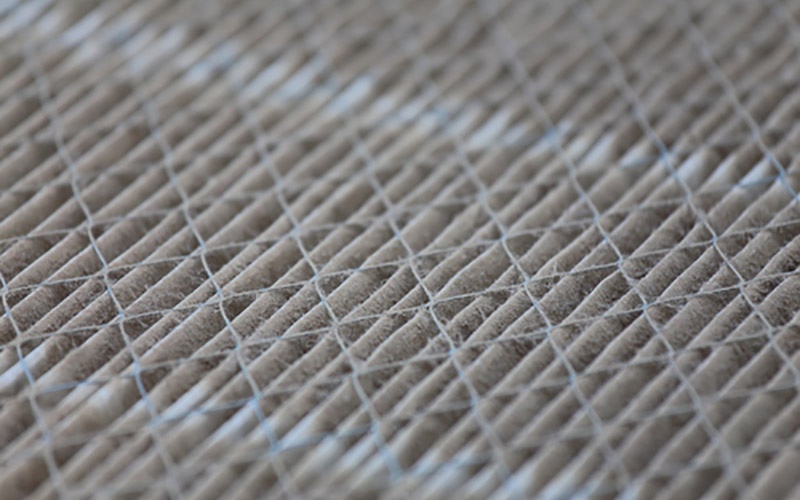HVAC filters are devices that trap particles from air that is blown through or across them. Filtering your Orlando, FL, home’s air is important because the process removes a variety of contaminants and prevents them from getting into your lungs. Choosing the right HVAC filter for your home can be challenging due to the different types, features and ratings. Here are five types of HVAC filters that could improve your home’s indoor air quality.
HVAC Filter Ratings
Before choosing an HVAC filter, it’s important to know how they’re rated. The American Society of Heating, Refrigeration and Air Conditioning Engineers developed the minimum efficiency reported value (MERV) rating system for HVAC filters. MERV ratings range from 1 to 20. A higher MERV rating means that the filter captures more particles of a smaller size. The Department of Energy recommends replacing filters every one to three months. Replacing a dirty filter with a clean one reduces HVAC energy use by as much as 15%.
Mechanical HVAC Filters
Mechanical HVAC filters use materials that consist of layers of fibers stretched over a metal, plastic or composite frame. The fibers trap particles as the air is blown through the filter. The more layers, the more tiny particles captured by the filter. There are two types of mechanical air filters, which are pleated and flat. The flat filters cost less but don’t capture as many of the minuscule particles. Pleated filters trap more of the microscopic particles, but they cost more. MERV ratings for standard mechanical filters range from 1 to 15. Mechanical HVAC filters are available in different types of media. The media is the component that filters particles. Fiberglass is the cheapest media, and these disposable filters are available in a range of sizes and efficiency levels. Porous polyester is another disposable filter option. Polyurethane foam air filters are reusable. You can wash them several times, and their lifespan is two to three years.
HEPA Filters
High efficiency particulate air, or HEPA, is a type of filter that traps 99.97% of particles 0.1 to 1.0 um in size. This includes most viruses and nearly all bacteria, explains the Environmental Protection Agency. These filters also trap pollen, dander, dust and other biological materials. They’re a special type of pleated mechanical air filter. HEPA filters have MERV ratings of 16 or higher. Most household HVAC systems can’t accommodate a HEPA filter, but some of the new systems do. You can get whole-home air purifiers and portable air purifiers that use HEPA filtration.
Electrostatic HVAC Filters
Electrostatic polypropylene is the material used in most electrostatic filters. It’s a type of plastic that carries an electric charge and attracts ionized particles from your home’s air. These filters need regular cleaning in order to maintain their effectiveness. Many electrostatic filters use a hybrid of the charged plates and a pleated mechanical filter. This combination yields a high efficiency at removing particles from the air. MERV ratings of electrostatic filters range from 12 to 16.
Gas-phase Filters
Gas-phase filters use activated carbon fibers to remove odors. They also capture particles. Their MERV ratings range from 4 to 10. These filters are typically part of an in-duct filtration or purification system. Gas-phase filters are often paired with HEPA filters. They’re a good choice for people with allergies or asthma triggered by odors, explains WebMD.
UV-C HVAC Filters
According to the Environmental Protection Agency, UV-C HVAC filters inactivate viruses and bacteria, which may help you and others in your household stay healthier. They use wavelengths of 100 to 280 nm. The lights are contained within a vacuum-sealed tube. The tube is placed within your air handler or duct. The light bulb needs to be replaced by a trained HVAC technician every six months. These filters don’t trap dust or pollen, so you’ll still need a mechanical or electrostatic filter within the air handler.
To learn more about the types of HVAC filters for your Orlando home, take a look at E.C. Waters Air Conditioning & Heat’s indoor air quality solutions, or call us today for additional information.





